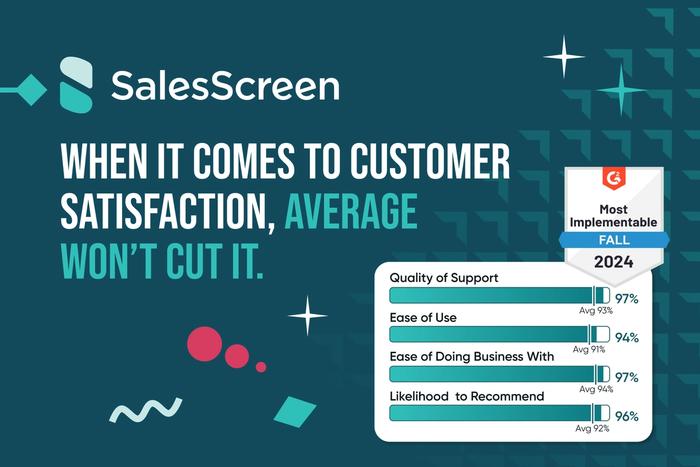Add one more way the pandemic has upended work-life: the training of new salespeople. Not so long ago, even remote employees would pay a visit to HQ at the start of their tenures to meet their colleagues, forge personal bonds and breath deeply the company culture. No more. With offices shuttered or only at partial capacity, sales leaders at companies still blessed with success are now navigating how to onboard new hires in a way that is efficient and somewhat personal.
When I joined SalesScreen eight months ago, I had the pleasure of working with and onboarding some of the best remote sellers I’ve ever known. Before the pandemic, I might have chosen more senior sellers accustomed to remote work, able to manage their time well, and joining with their own store of knowledge. But as we grow, I’m responsible for onboarding younger sellers who will be working remotely—and they simply need more care.
The tips and tools I’ve outlined below will help onboard remote sellers at all experience levels, but they’re especially important for younger sellers who might need a nudge to get rolling at full speed.
Onboard in cohorts Think back to your early days as a college freshman. You were excited, uncertain, and eager to find common ground with the people you’d be spending your days with. Teams who are lucky enough to be hiring several sellers at a time should treat them like an incoming class. Start them on the same day. Introduce them to each other and facilitate icebreakers. Establish a “class” Slack group and generally facilitate communication between sellers who will be working together to learn the same material. Doing so instills teamwork from the jump, encourages knowledge sharing, and establishes a support group (and a competitive set.)
Develop a curriculum Training should never be catch as catch can. Some companies pair new sellers with more established mentors. Others task managers with knowledge transfer and oversight. But in both cases, the result is only as good as the individual in charge. At SalesScreen, we’ve developed a structured, 4-week onboarding curriculum that covers everything from pitch presentation to customer care to internal systems and, of course, product knowledge. New sellers sometimes feel overwhelmed by the pace and volume of the course, but I’ve found it to be a great motivator and confidence builder for newbies.
No selling until they’re certified That's right, no seller or SDR picks up a phone until the start of their fourth week. We ask them to focus on study, training and presentation, and then certify them on product knowledge and skills at ever step.
Make sure they feel the heat—and the love The best salespeople have two motivators—competition and celebration. For new sellers, in particular, frequent competitions are a great way to feel part of the team, get noticed, and measure progress. Not surprisingly, we use our platform to launch virtual competitions across our newly remote and traditionally distributed sales teams. For example, about twice a month I use it to launch ‘blitzes’ for field sales and SDR teams to see who can onboard the most meetings in 24 hours. The top three contributors win a prize—and the admiration (and envy) of their peers.
Start now, because remote teams aren’t going away The shift to work from home may have been catalyzed by a cataclysmic event, but there’s no doubt it has altered team composition for longer than any lockdown. While sales teams have begun a phased return to the office, others are operating by remote indefinitely.
What’s most likely is that the COVID-era pivot to work-from-home will result in hybrid teams that need leaders skilled in managing for a variety of circumstances. An investment in a remote training strategy is likely to pay dividends for quite some time.










